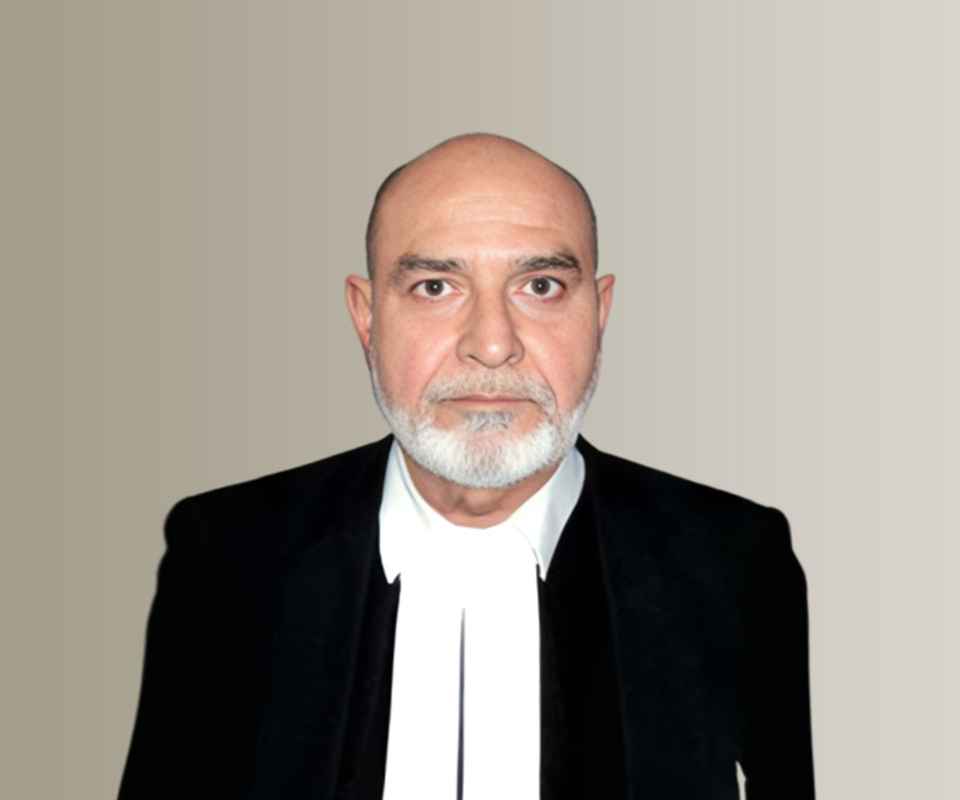Answer By law4u team
Reckless or dangerous driving refers to a driver’s behavior on the road that puts the safety of others at risk through aggressive, unsafe, or careless driving practices. In India, such driving is governed by the Motor Vehicles Act, which lays down strict penalties to curb this dangerous behavior and promote road safety. Reckless driving often leads to accidents, serious injuries, or even fatalities. To deter such actions, the law imposes heavy fines, imprisonment, and suspension of driving licenses.
Punishment for Reckless or Dangerous Driving:
Definition and Examples of Reckless Driving:
Reckless or dangerous driving includes behaviors such as excessive speeding, tailgating, running red lights, weaving between lanes, or driving under the influence of alcohol or drugs.
Common examples include:
- Street racing or drifting.
- Driving at high speeds in congested areas.
- Jumping traffic signals or ignoring stop signs.
- Driving aggressively without consideration for other vehicles or pedestrians.
Penalties under the Motor Vehicles Act:
Section 184 of the Motor Vehicles Act addresses reckless or dangerous driving. The punishment for such offenses is as follows:
- A fine of up to ₹1,000 and/or imprisonment for up to 6 months for a first offense.
- For subsequent offenses, the fine may increase, and imprisonment could extend to up to 2 years.
- In case of causing grievous injury or death due to reckless driving, the driver could face higher penalties, including imprisonment for several years.
Imprisonment and Fine:
In serious cases where the driver’s actions cause significant harm to others, such as in a fatal accident, the punishment may include imprisonment for 1 to 3 years and a fine ranging from ₹5,000 to ₹10,000, or both.
If a driver is found to be driving under the influence of alcohol or drugs, the penalties become stricter, and the driver could face additional DUI (driving under the influence) charges.
License Suspension or Revocation:
Suspension of the driver’s license is another consequence of reckless or dangerous driving, especially in cases of repeated offenses. In extreme cases, the driver’s license may be permanently revoked.
The authorities may also require the driver to attend road safety awareness programs or driving courses.
Insurance Impact:
Drivers convicted of reckless driving may face increased premiums for their motor insurance, or their insurance coverage may be reduced or denied altogether. The insurance company may treat the driver’s behavior as negligent and refuse to pay for damages caused by an accident.
Legal Consequences in Case of Death or Injury:
If reckless driving leads to death or serious injury, the consequences can be more severe. Under the Indian Penal Code (IPC), Section 304A (causing death by negligence) and Section 338 (causing grievous hurt by act endangering life or personal safety of others) could be invoked.
A driver found guilty of causing death by reckless driving could face up to 2 years of imprisonment, and if convicted of grievous injury, the driver could face up to 7 years of imprisonment.
Importance of the Law and Road Safety:
Deterrence to Dangerous Behavior:
The punishments for reckless driving are designed to deter drivers from engaging in dangerous practices and encourage them to follow traffic rules and be responsible on the road.
Severe penalties like imprisonment help to emphasize the seriousness of reckless driving and make drivers more aware of the consequences of their actions.
Promoting Road Safety:
The primary objective of these penalties is to ensure road safety by discouraging dangerous driving. With an increase in road accidents caused by reckless driving, the law serves as a preventive measure to protect both drivers and pedestrians.
Reckless driving not only risks the life of the driver but also endangers others on the road, including innocent pedestrians, other vehicle occupants, and cyclists.
Reducing Road Traffic Accidents:
By imposing strict penalties, the law aims to reduce the number of road traffic accidents that occur due to dangerous driving. Such laws encourage people to drive more responsibly and help create safer roads for everyone.
Example:
Suppose a driver is caught in Delhi for driving recklessly, speeding through a red light, and causing a collision with another vehicle that results in the injury of a passenger. The driver is found guilty of dangerous driving under Section 184 of the Motor Vehicles Act. They are fined ₹2,000 and sentenced to 6 months of imprisonment for the first offense. If this driver is caught again for reckless driving, the penalties could escalate to a higher fine and longer imprisonment. Additionally, the driver’s license is suspended for 6 months and may be permanently revoked if this behavior continues.
Conclusion:
Reckless or dangerous driving is a serious offense in India, with severe penalties designed to protect public safety. The Motor Vehicles Act imposes heavy fines, imprisonment, and license suspension for those found guilty of such offenses. These penalties serve as a deterrent to encourage safer driving practices, reduce accidents, and protect the lives of all road users. Drivers must understand that the consequences of reckless driving can be life-changing, and it is essential to follow road safety rules at all times.







